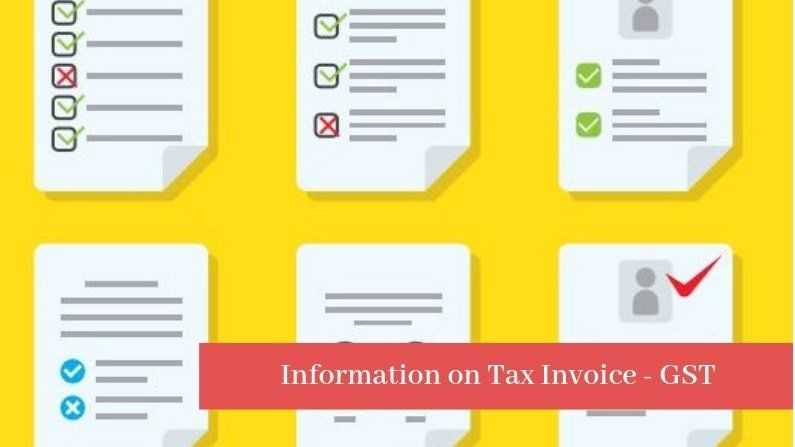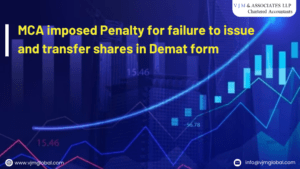Under the Goods and Service Tax (“GST”) regime, an invoice plays a vital role as this document captures every detail about transactions like supplier information, recipient details, goods description, tax rates, etc. Every transaction is needed to be made under the cover of an invoice that contains Details in Tax Invoice under GST.
Section 31 of Central Goods and Service Tax Act, 2017 (“CGST Act”) read with Rule 46 of Central Goods and Service Tax Rules, 2017 (“CGST Rules”) contains provisions about tax invoice, i.e., due date of issuance of tax invoice and contents of a tax invoice.
Important Details in Tax Invoice under GST
As per Rule 46(n) of CGST Rules, tax invoice must contain place of supply along with name of state. This information enables government to determine consuming state of goods or service and accordingly, government can make proper allocation of GST among Centre and state.
However, it has been observed by
Accordingly, department has instructed vide circular 90/09/2019-GST dated 18th February, 2019 that all registered taxpayers are required to mention place of supply and name of state on tax invoice while making inter-state supply. Contravention will lead to invocation of penalty proceedings against taxpayer under section 122 or 125 of CGST Act.
Read more on 10 new Features on GST Portal you must know






